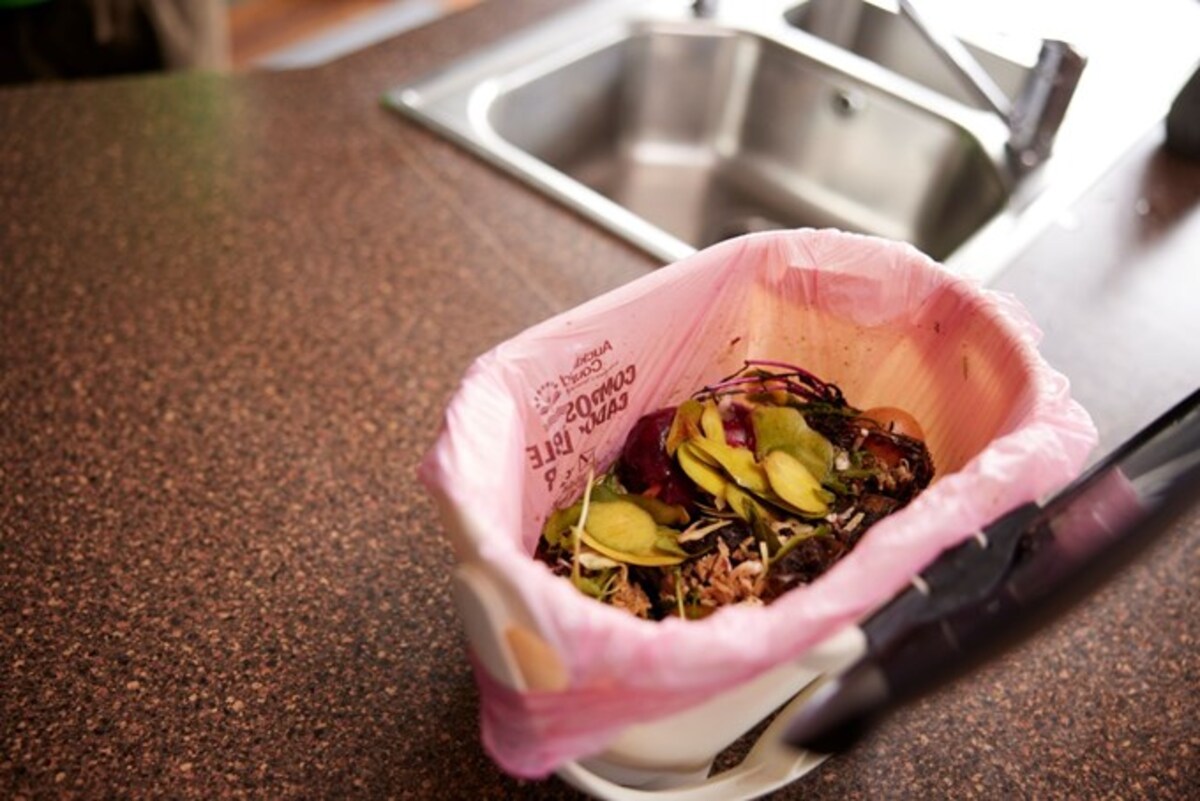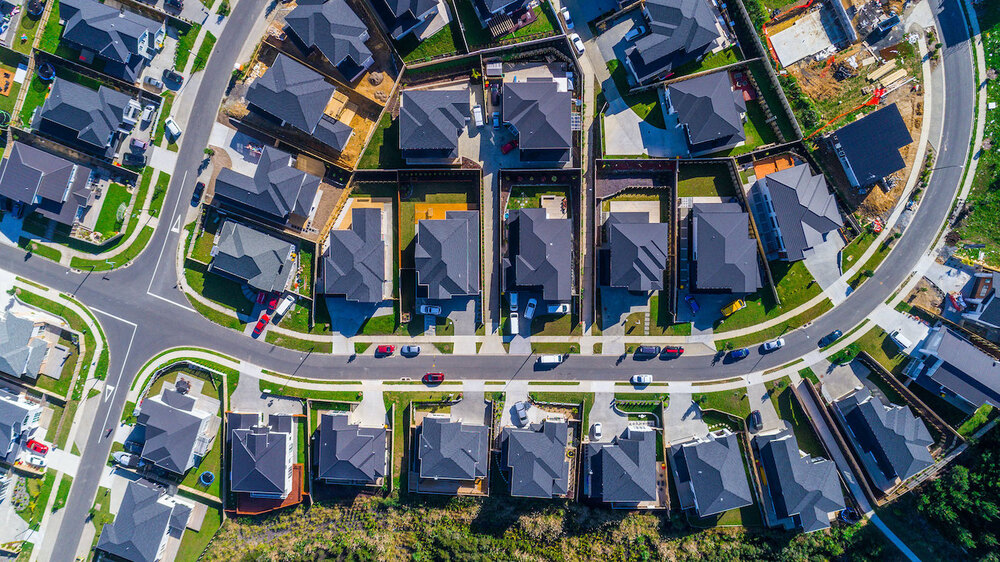Auckland Food Scraps Power Homes
Staff Reporter
19 November 2024, 9:14 PM
 Milestone Food Waste Collection Benefits
Milestone Food Waste Collection BenefitsAucklanders have helped divert over 30,000 tonnes of food scraps from landfill since the introduction of the food scraps collection service in April last year.
These scraps now generate renewable energy and fertiliser, contributing to homes and farmland across New Zealand.
For the first time, renewable gas created from Auckland's food scraps is being added to the national gas pipeline.
This milestone contribution is enough to regularly supply 18,000 homes, with total energy production equivalent to powering 300,000 homes for a month.
“This is a proud moment for Auckland,” said Councillor Richard Hills, Chair of the Policy and Planning Committee.
“Thank you to every Aucklander who is helping to keep food scraps out of landfill so they can be transformed into resources. By participating, you’re reducing our environmental impact and contributing to a sustainable future.”
The initiative has also produced enough liquid fertiliser to cover nearly 100 square kilometres of farmland, equivalent to 13,500 rugby fields.
Aucklanders have further saved the equivalent of 19,600 tonnes of harmful greenhouse gas emissions—comparable to taking 6,000 cars off the road or planting 500,000 trees.
The food scraps are processed at Ecogas, New Zealand’s only anaerobic digestion facility, which converts them into biogas, electricity, heat, and fertiliser for farmers in the North Island.
Council Tips for Managing Food Scraps in Summer
To prevent pests and odours during warmer months, Aucklanders are encouraged to try these tips:
- Pour boiling water over banana skins to kill fruit fly eggs.
- Keep vegetable peelings dry to minimise smells.
- Add baking soda or bokashi zing to food scraps.
- Store scraps in the fridge or freezer before disposal.
- Use compostable bin liners made of cornstarch.
- Empty kitchen caddies frequently and clean bins regularly.
- Apply tea tree oil around bin lids to deter pests.
- Keep bins in shady spots away from direct sunlight.
This initiative supports Auckland’s vision of becoming zero waste by 2040.
NEWS
TRADES & PROFESSIONAL SERVICES
FOOD & SHOPS


